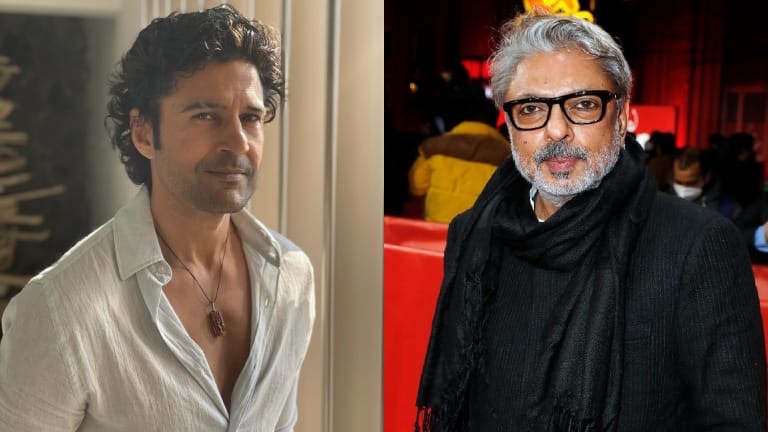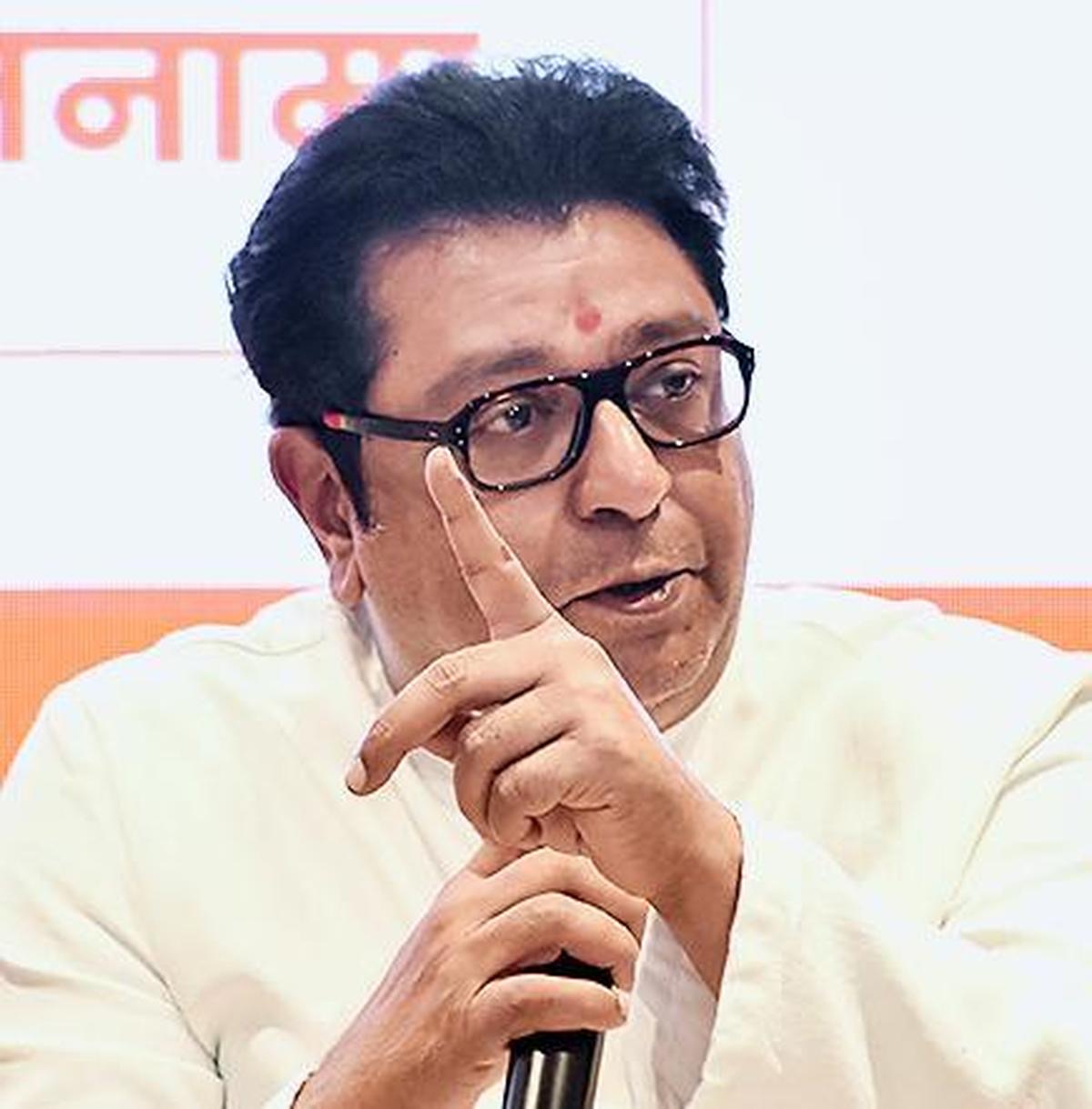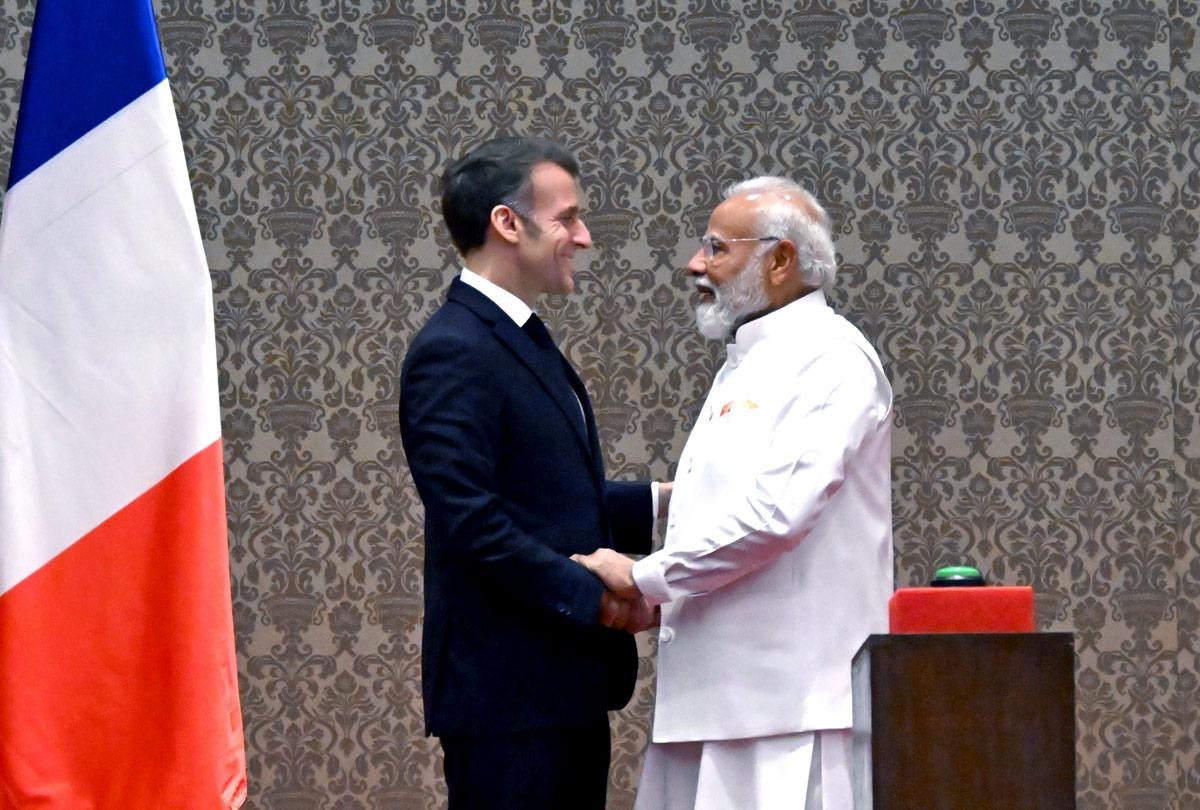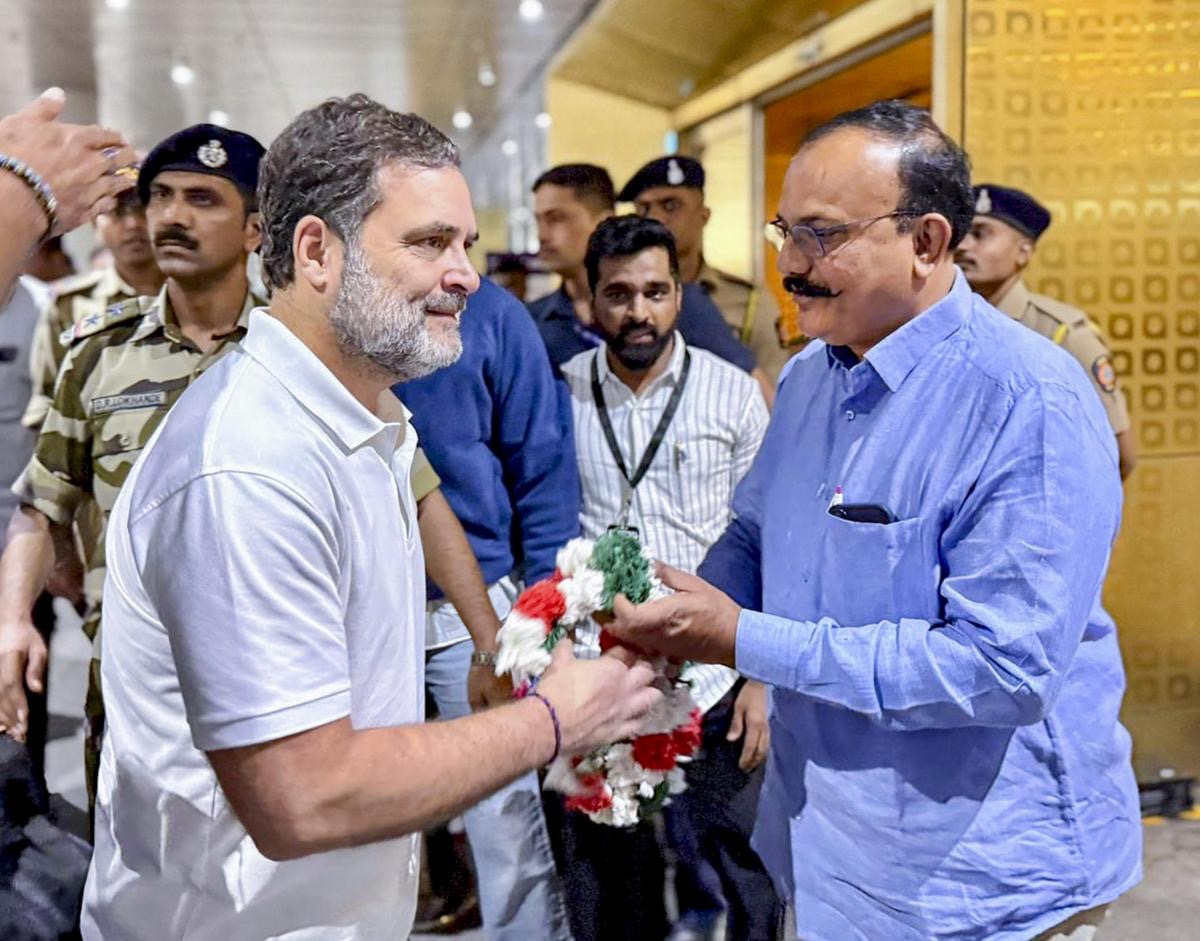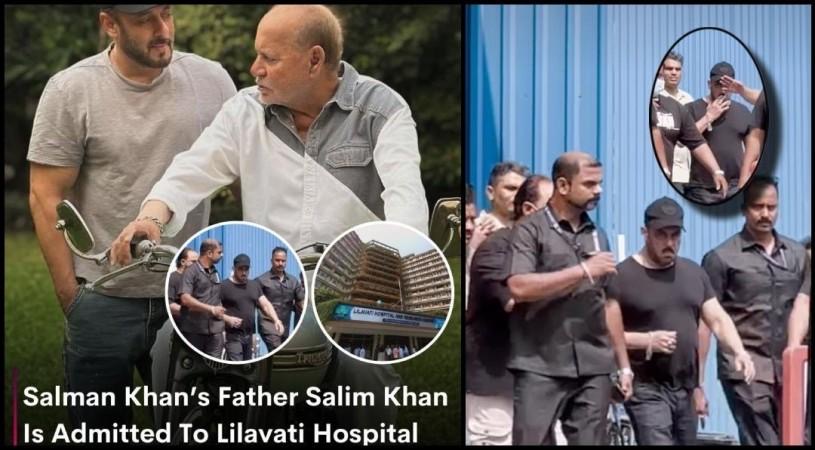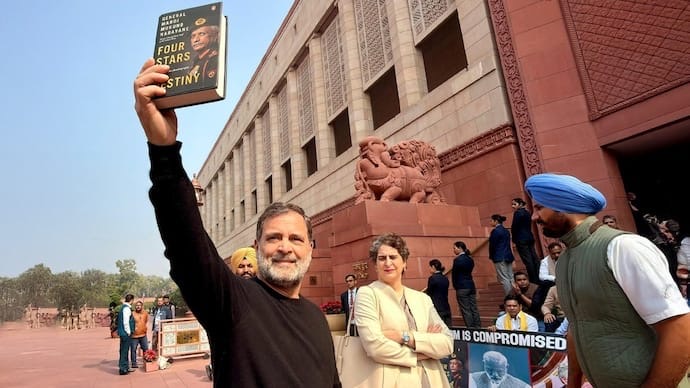Manipur violence -120 killed in ethnic clashes curfew internet shutdown remain in force Modi accused of inaction.
Atleast 120 people have lost their lives in the Manipur violence after the parading naked two tribal women who have been a remote state in northeast India with a history of ethnic conflict.
Soldiers were rushed in from other parts of the country to contain the violence, and months later a curfew and internet shutdown remain in force across most of the state.
Reportedly, when unrest began, and militia groups on both sides of the state’s ethnic divide are hunkering down for a protracted fight, thousands of guns were stolen.
Prime Minister Narendra Modi this week faces a no-confidence motion in parliament over the violence, with the opposition accusing him of inaction.
AFP looks at the origins of the conflict and its consequences:
The dispute stems from animosity amidst Manipur’s Meitei majority and the Kuki, one of several tribal groups in the state that make up about
16 percent of its population.
Predominantly, Meitei are
Hindus and largely live in urban centres, while the mainly Christian Kuki usually live in scattered settlements in the state’s hills.
Longstanding tensions amidst the two communities have revolved around competition for land and public jobs, with rights activists accusing local leaders of exacerbating ethnic divisions for political gain.
Things came to a head in May over plans to recognise the Meitei as a “Scheduled Tribe” — a status already conferred upon the Kuki.
This would grant them a form of affirmative action through guaranteed quotas of government jobs and college admissions.
Kuki groups protested over fears the plans could reduce their own entitlements, with rallies quickly spiralling into violence.
Protesters set ablaze vehicles and buildings, and Meitei mobs armed with guns and petrol cans then attacked Kuki settlements in the hills.
Mobs looted police stations when the clashes began, with 3,000 weapons and 600,000 rounds of ammunition going missing according to the Press Trust of India news agency.
The state has fractured on ethnic lines, with rival Meitei and Kuki militias setting up blockades to keep out members of the opposing community.
Clashes have killed at least 120 people, though many in Manipur believe the number could be higher.
Some 50,000 people have been forced to flee their homes, taking shelter in relief centres or nearby states.
Reprisal attacks have seen the firebombing of homes and places of worship.
More than 220 churches and 17 Hindu temples had been destroyed by the end of July, according to a report by India Today news magazine.
Manipur is one of seven northeast Indian states sandwiched amidst Bangladesh, China and Myanmar that have long been a hotbed of separatism and a tinderbox of tensions between different ethnic groups.
An armed rebellion broke out against Indian rule in the late 1970s by Manipuri militants who said the region had been largely neglected by New Delhi, with daily armed attacks on government facilities.
Around 20 militant groups were active in Manipur during the peak of the insurgency, with more than 10,000 people losing their lives in the two decades to 2010.
However, the state has been relatively calm since the last major rebel attack in 2015, when an ambush on a military convoy killed around 20 soldiers.
The latest violence has revived calls among the Kuki to be granted a separate state administration.
This demand has been rejected outright by the Meitei, who make up more than half of the state’s 2.8 million population, according to India’s last census in 2011.
Sporadic violence continues in total disregard to India rushing in troops from out of state when the clashes began, as well as imposing a curfew and internet shutdown that both remain in force.
Home minister Amit Shah toured Manipur’s capital in June and demanded the return of weapons seized from police stations during the unrest.
He has also ensured an “impartial investigation” into the violence.
Opponents criticised PM Modi for not speaking on the conflict for more than two months after clashes began.
He broke his silence in July after the publication of a graphic video showing a baying mob parading two Kuki women naked, saying that the incident had filled his heart with “pain and anger”.
Human Rights Watch have accused state authorities in Manipur, led by Modi’s Bharatiya Janata Party, of facilitating the conflict with “divisive policies that promote Hindu majoritarianism”.
India’s parliament is this week debating a no-confidence motion against Modi for his government’s failure to rein in the conflict — a vote he is expected to easily survive.
News Edit K.V.Raman



